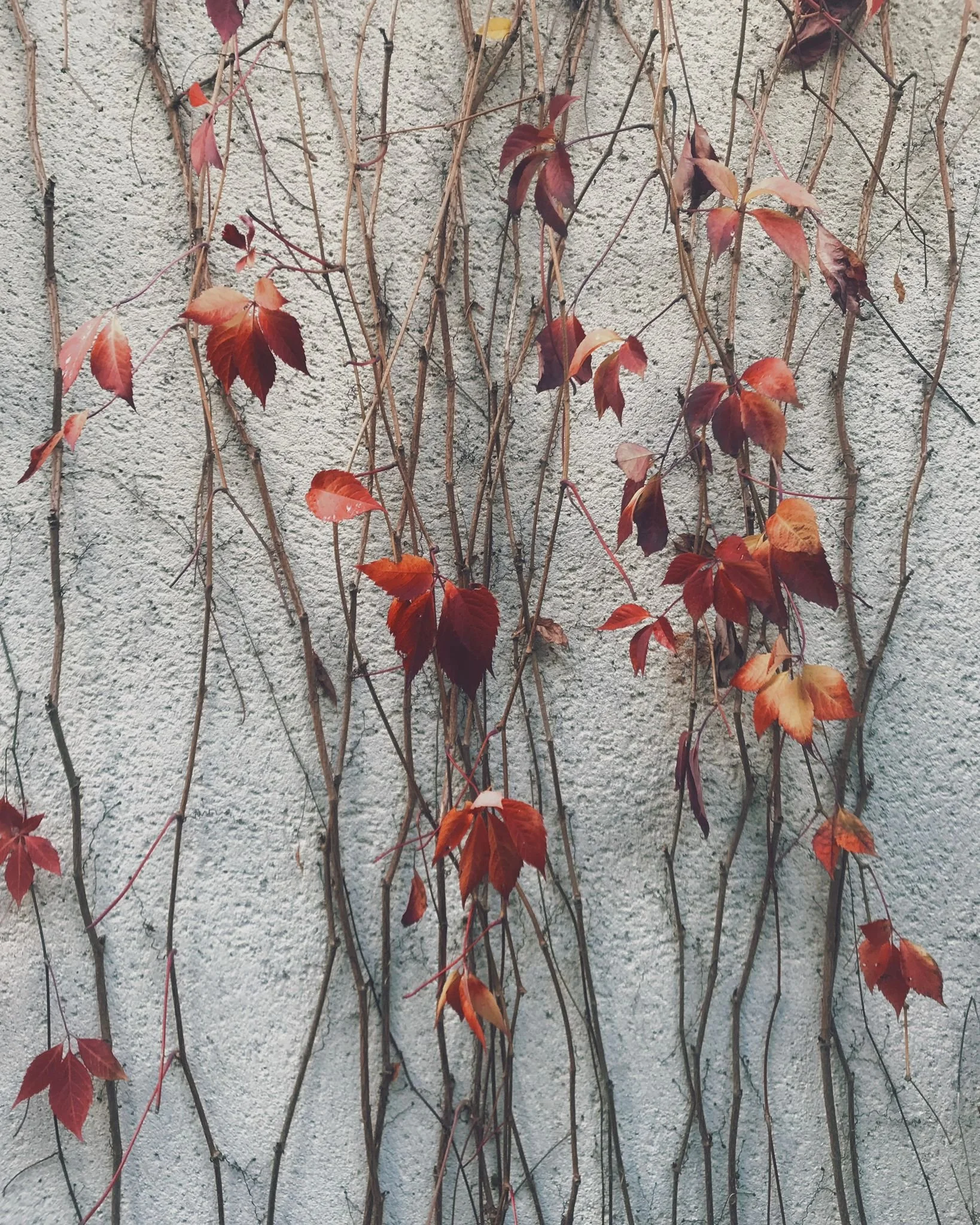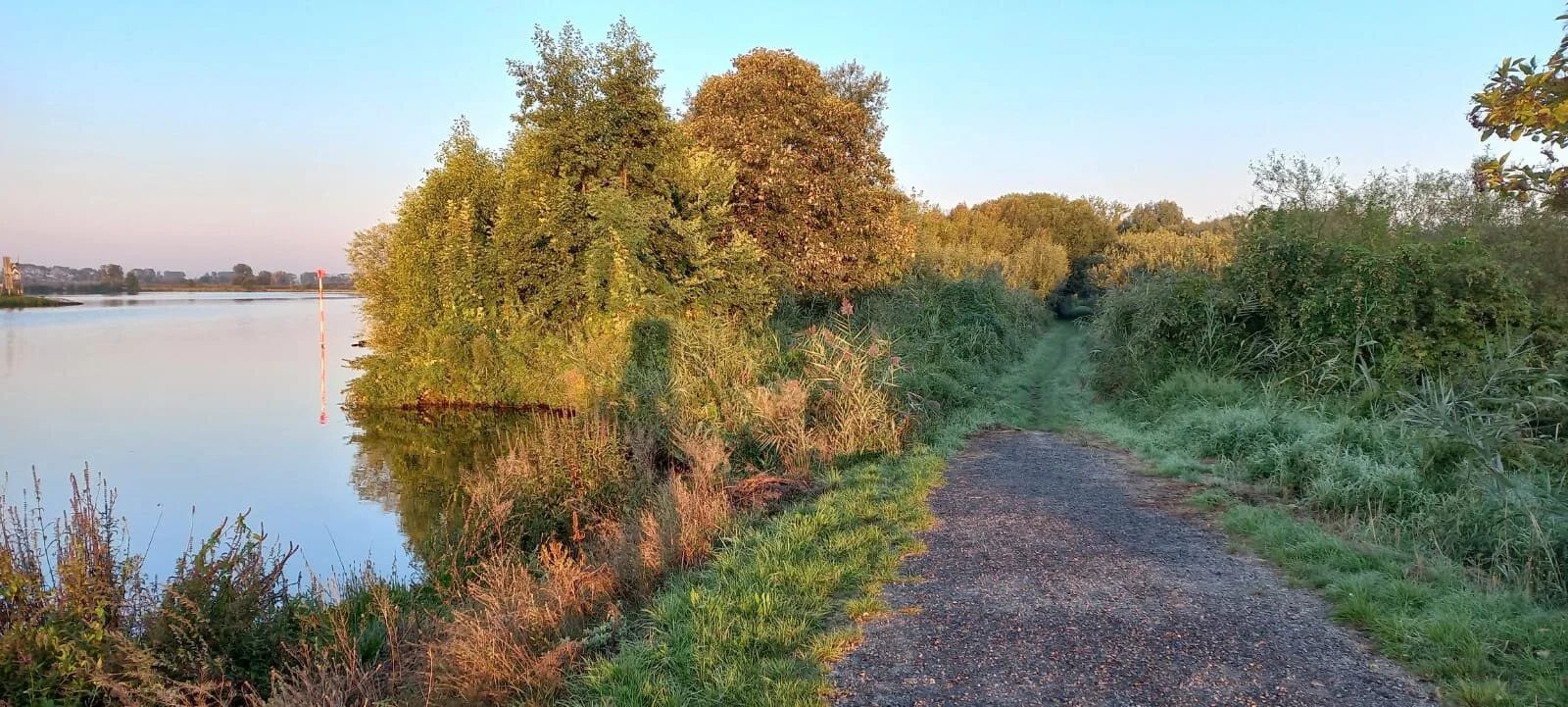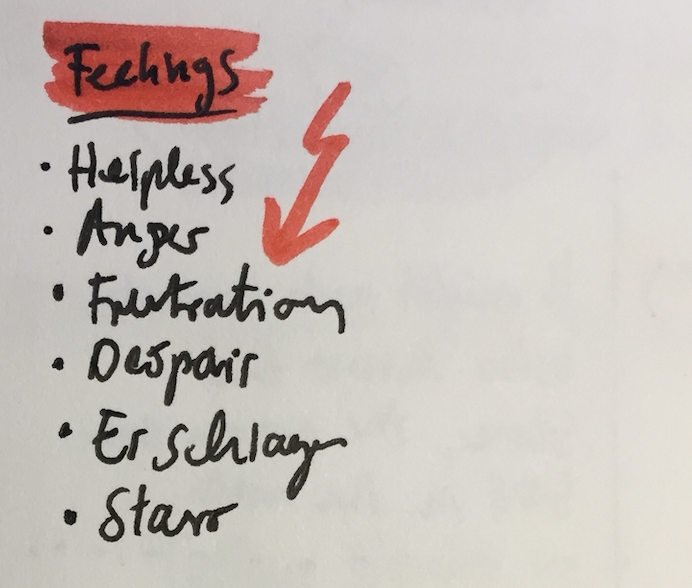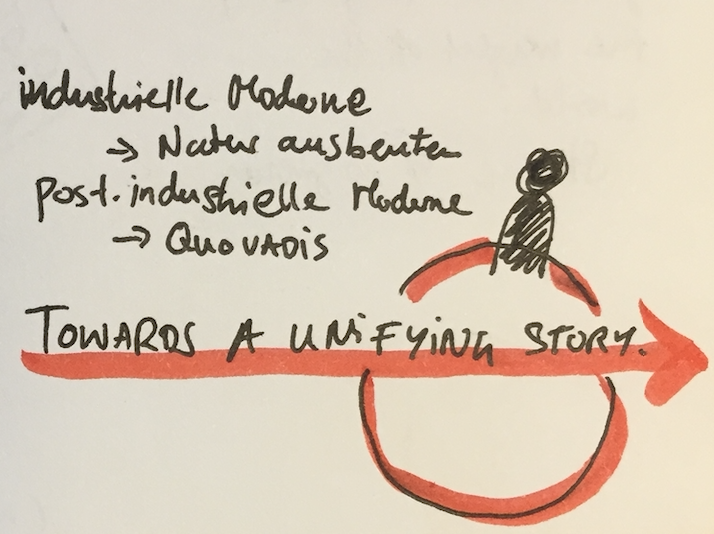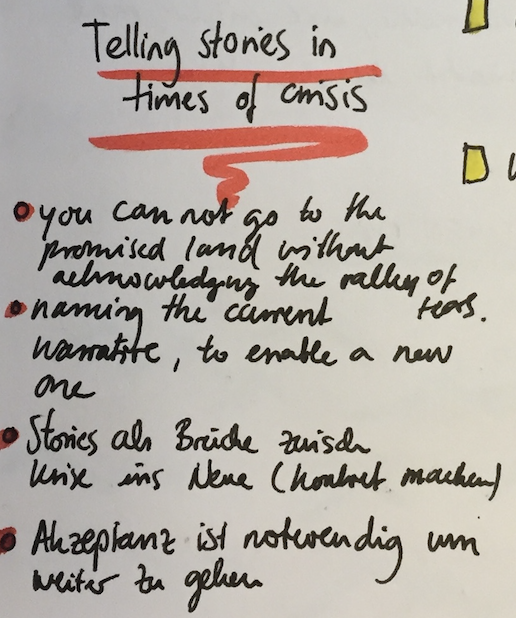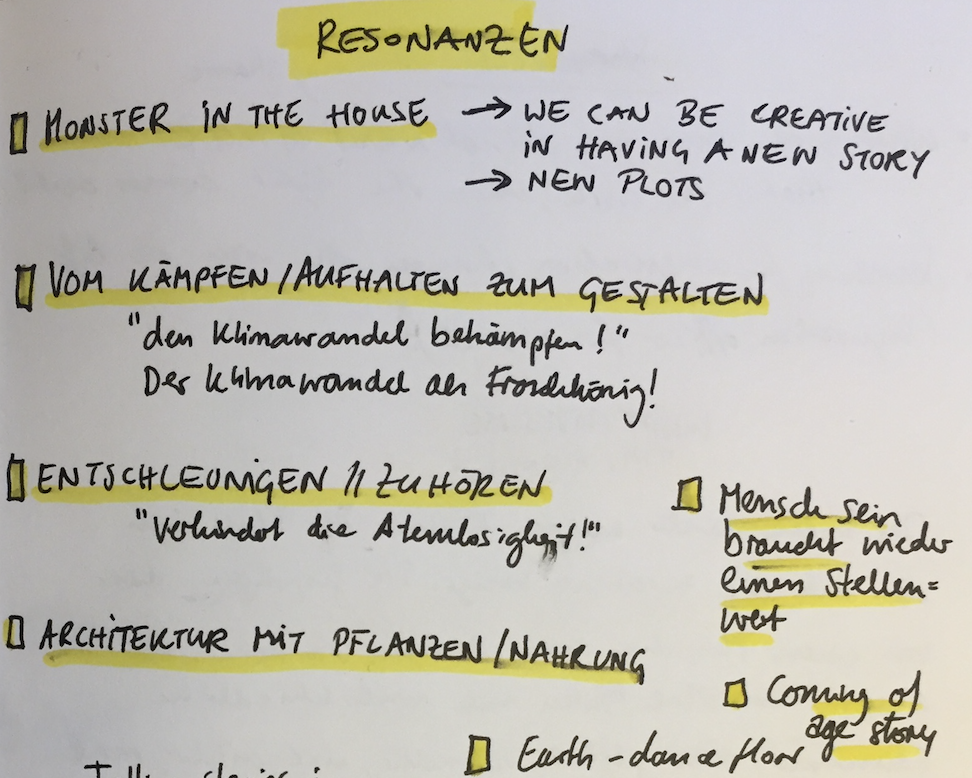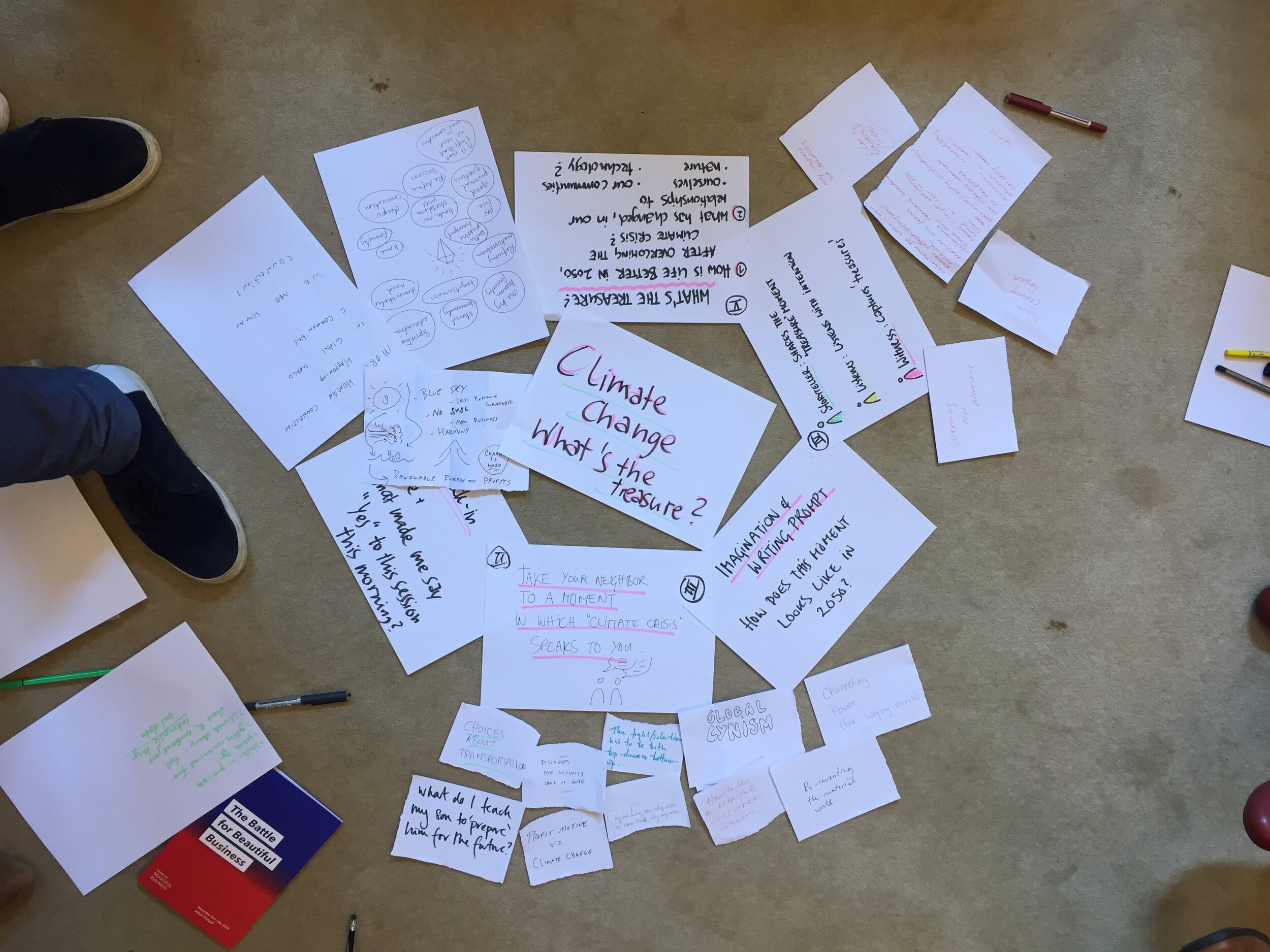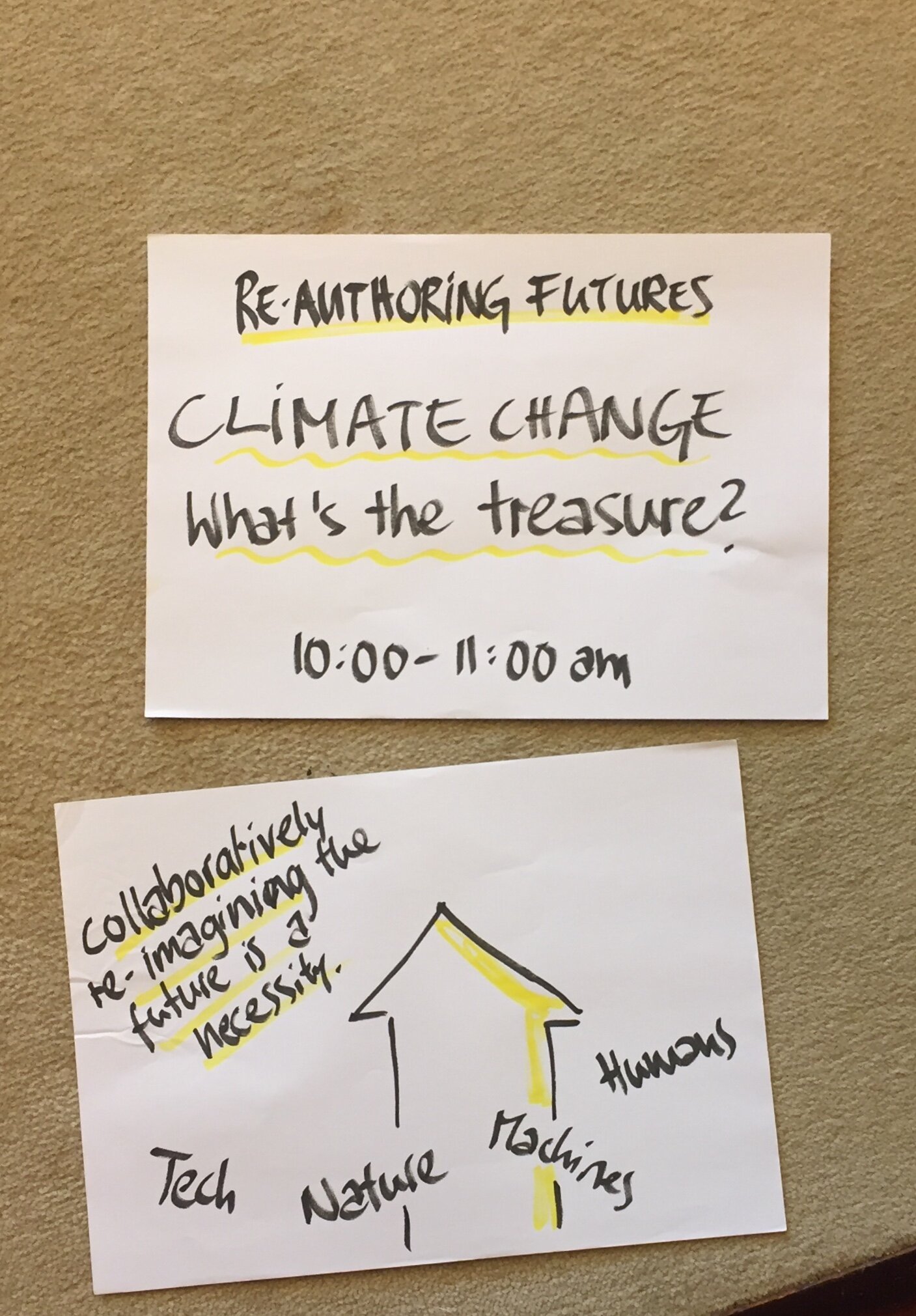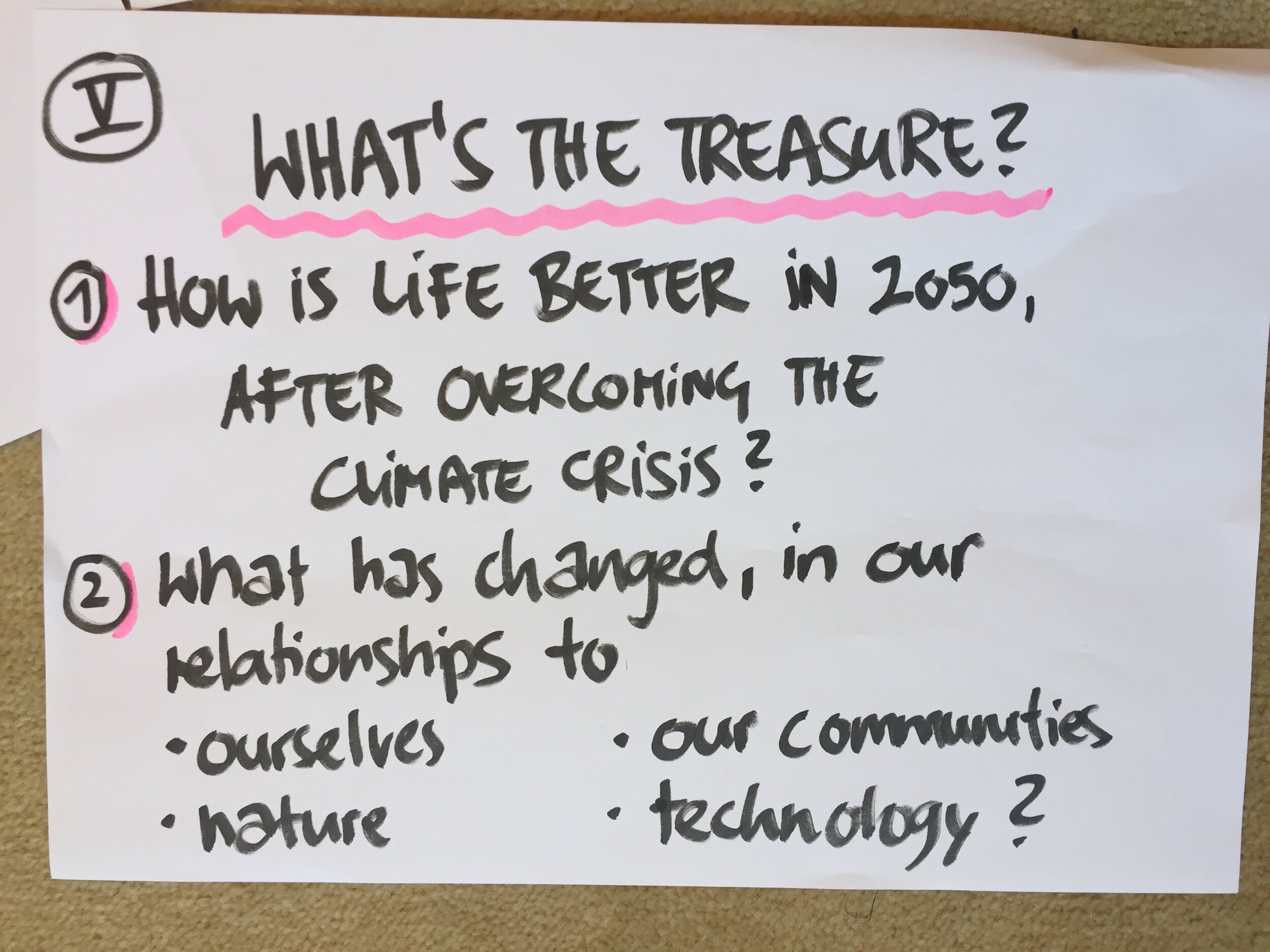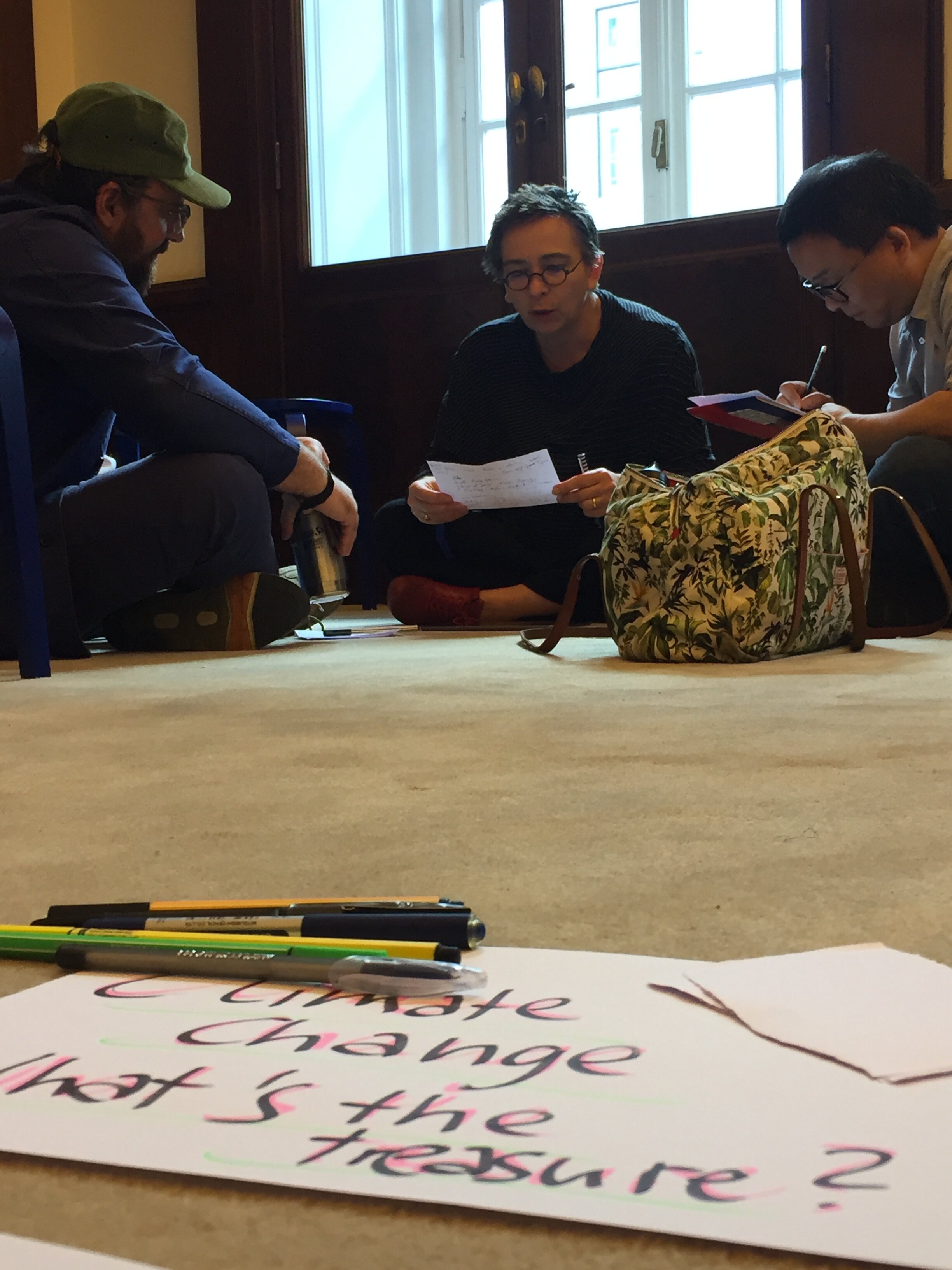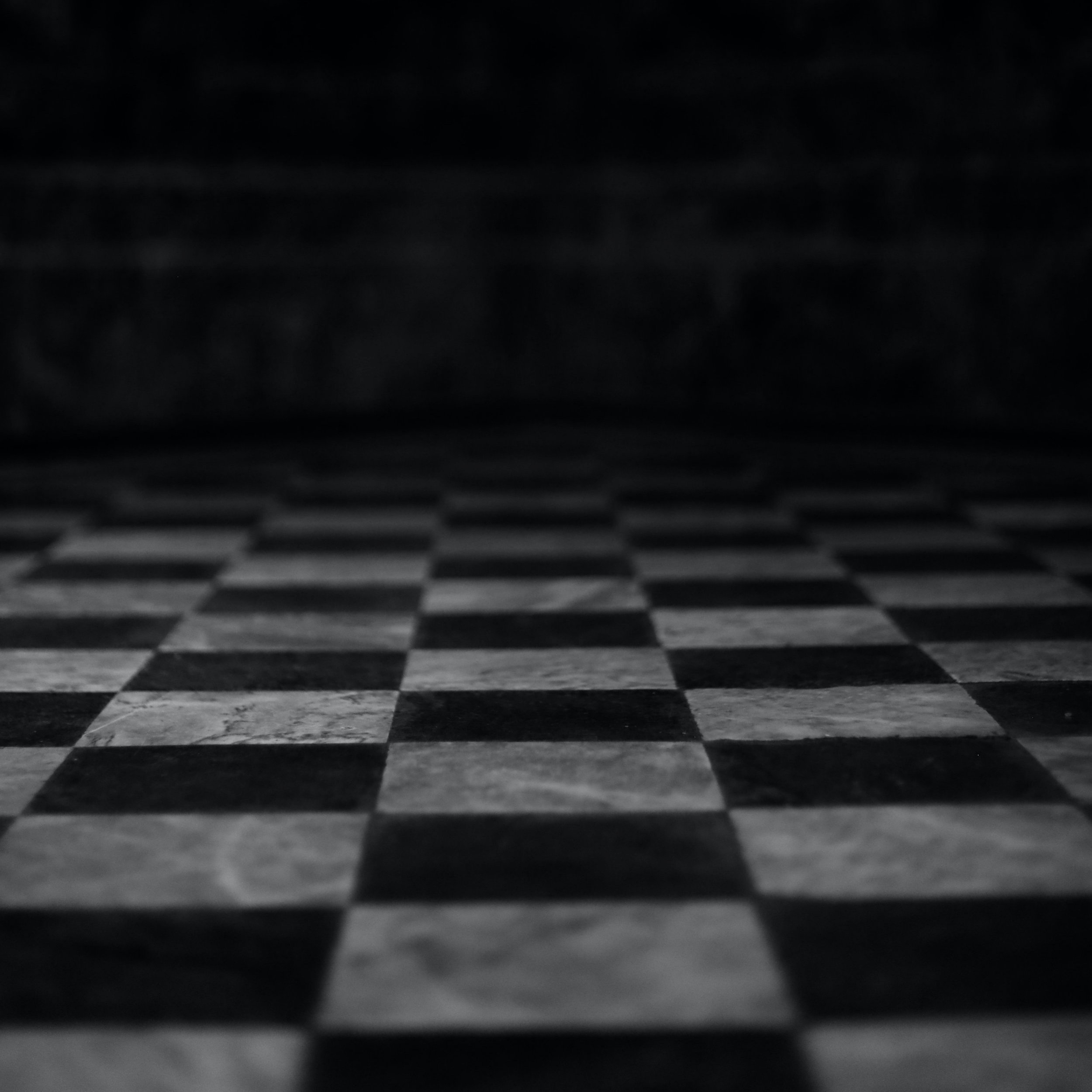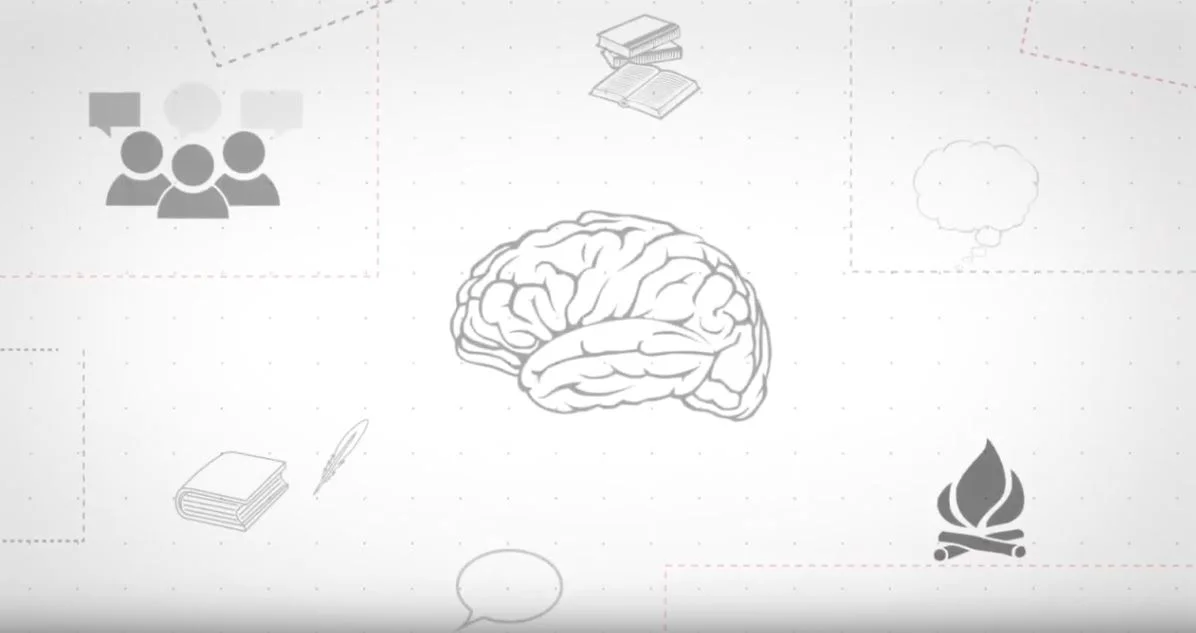The universe is made of stories, not of atoms.
Muriel Rukseyer
Sometimes life gives you a moment. On a visit to Berlin in February, scrolling through events on facebook, I found a lecture and conversation hosted by Moritz Gansen from the diffract | centre for theoretical periphery and Didier Debaise from the Free University of Brussels called “Stories of Earthly Things”.
Preparing for BST 2020 Power of Story | Stories of Power, I was diving into the works of Donna Haraway, Anna Tsing and also Ursula K. Le Guin combing through notions of telling stories that are more conducive to life than the traditional arrow-stories of the heroes journey or the stories of separation underlying the notions of Anthropocene.
Reading through the description to the event, I felt very at home. Here is my transcript to the lecture:
story goes everywhere where it was not supposed to go
We can see that in different fields – Anthropology Ethology, Philosophy and Donna Haraways' history of science – there is a new claim that we need to construct stories. And that constructing of new stories is not a practice to express what the other, particularly natural science, are doing. That was the classic storytelling practice before in relation to science: the sciences talk about the world and then we can tell story about the world after. What's made the specificity of this new approach, this new movement is that they think that telling stories is a way to make new, strong knowledge. And that telling stories is a method. And we can say it is a scientific method.
And I think this point makes it a question of inventing and constructing story, something completely different, because with this statement, story goes everywhere where it was not supposed to go. Which means in the construction of true fabrication, of the world, of fabrication, of identities, of the relations between humans and animals and other beings. You can put stories everywhere and you make stories a new method of interrogating and playing.
William James
So for me, this is the main claim of this new movement: using stories as a new method and a new way of composing of experiments. So I decided that I wanted to know more about where it come from, this claim. What did he say? What is this function? Then I wrote a small text that I call the story of earthly things. Then I checked and I was fascinated when I discover some phrase, some proposition in the works of William James. It's in the chapter called "The one and the multiple". And it says something very strange:
"The universe is constituted through the story of earthly things".
This statement reversed the classical assumptions around storytelling. And we would not talk about James if he would have just asserted that story is a way in which humans relate to things. No, he says something more problematic, more difficult to understand. He says that the universe, the matter of the universe, the way by which universe is producing itself is through stories.
And in the same chapter he says something else: The world is full of singular stories and that what we call the world is a kind of multiple network of stories sometimes mixed, sometimes distance, sometimes related one to the other. That we have a universe of intertwined and entangled stories.
Furthermore, he made it more precise: In fact, each thing, each being, each entity tells a story. Also, each human, but also each part of the human – cells, flesh, bones – tell a story. But you can also go further: each rock, plant, grain of sand tells a story.
So why he can claim that? This claim is interesting, because it is the same claim that Deborah Bird Rose, Anna Tsing and Donna Haraway that enable to say that we need other stories and that the world is full of stories.
First it challenges the relationship between language and stories. We are used to say that stories emerge through the human capacity to use language. But of course a rock, a cell, a plant does not possess language (that we understand). But William James never sought to put language into the things. It's exactly the other way around: It's not because we have the language that we can tell stories. It is because there is stories that the language has specific functions. Language requires the practice of stories. The practice of stories doesn't require the language. But how can James claim that the stories are in the things?
It comes mainly – for James – from natural history. The idea derived from natural history is that you cannot express and identify a living without the long evolution of the livings that leave their traces inside this body. To understand what a living is, we have to see all the traces that are left inside the cell, inside the body, inside the animal, inside the bones. And all these traces tell stories about the long history of the livings. And we can take each part of the body and you have a huge network of livings embodied in this reality.
This is the historical source of the idea of beings telling stories. But this idea can be extended well beyond natural history. To technologies, to rocks, to everywhere. Everywhere there are traces of events that go beyond the being. That´s why stories go through the traces embodied in the being and over the being.
what kind of stories do things tell?
From Anna Tsing there is the notion, and you can also find it with William James, that the stories things tell are always precarious stories. In this sense, a story that does not tell of precarious events does not exist. It is always a story of a precarious situation and precarious being. When we use the term, what do we mean?
(1) The existence of this life is linked to something or someone else. If someone is in a precarious situation, it means that her ability to continue to live is linked to the help and the sustaining of something else. Each being, object, reality necessitates the network of all other beings that make it possible for the being to exist. It busts the occidental myth that the being should be autonomous and independent and that the being is more alive the more autonomous it is. It is exactly the other way around. There is no being that is not dependent to a lot of other beings. So to tell the story of something is to tell the story of its dependence. For each reality / living you can trace the living territory – the network of its dependencies. So, things tell us their story of their dependencies to other beings.
(2) And the second dimension of precarity means that it could have been possible that it did not exist. Its existence is contingent. This means that there is always an alternative linked to a specific reality. Each event that led to the existence of a being, thing or historical development has a halo of other possibilities. That means that the story of things also tells us of the other possibilities. You cannot tell a story about what has happened without taking into consideration that it would have been possible that it happened. And in this way, telling stories as a practice of knowledge, as a philosophical, as a political claim is strongly linked to science fiction practice, because it's all the time developing the interest for the alternative.
So if all the universe, all our experience is based on story, why do we need to tell stories as a practice? As a method of knowledge? As a way of making us sensitive to the story of those obvious things. Didier Debaise closed with two reasons for this:
First, because it is a rebellious act against majority stories. Because we inherit all the time stories within power relations. And many of the stories that we know today are based on the story of the occidental man discovering nature through his science – increasing our ability to tell what nature is and take control over it.
This is the big story that we narrate. To tell other stories, to tell the stories of the earthly things, as a practice, is first to criticize, to fragilize this practice of the dominant story. Because it is organizing all our ways of knowing the world.
And secondly, if we need to tell other stories, if we need to fabricate, to construct stories other stories, it is to intensify, to give more importance, to make us sensitive to the fragility of all existence and of the situation we are in. It's a practice of intensifying and recognizing the fragility and the importance of the interrelatedness of all beings.

